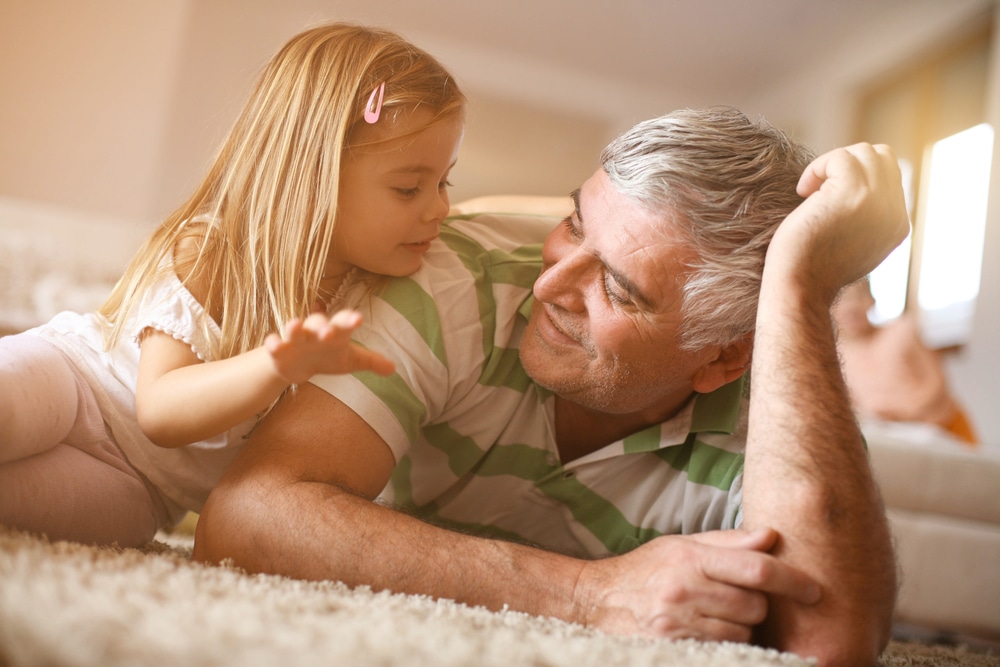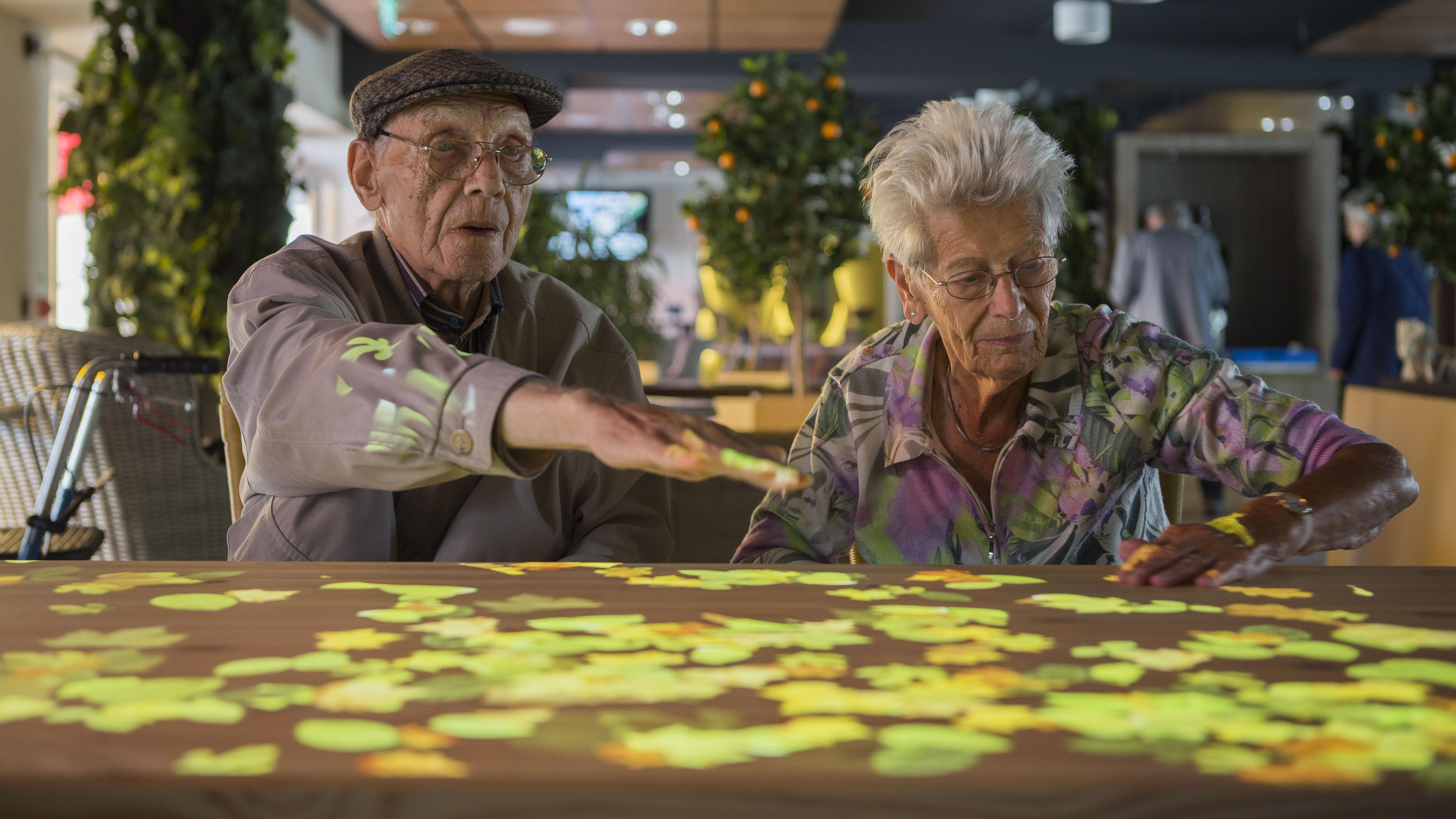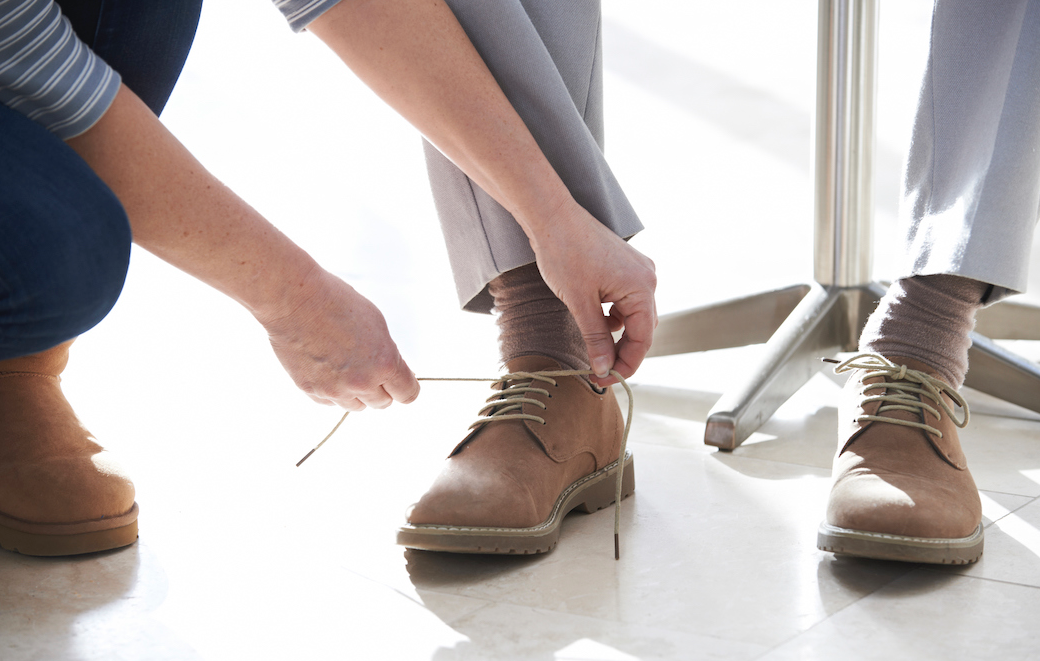
Feb 15, 2019 | Advice, Behaviour
Explaining dementia to children can be hard and of course it depends on the age of the child. These tips may help you to provide support. It can be difficult knowing how to explain to a child that a grandparent or elderly relative has dementia. You might be concerned...

Feb 8, 2019 | Advice, Behaviour
At this time of year you’re probably being bombarded with adverts for cut-price holidays, which can be disheartening if you feel like being a carer means that you and your loved one can’t take advantage of all those holiday offers, writes Angelina Manzano. It’s only...

Feb 1, 2019 | Advice, Behaviour
There are 850,000 people with dementia in the UK, with numbers set to rise to over one million by 2025. As numbers increase, it’s clear that dementia is something which impacts a lot of us, from those who have experienced it first-hand, to the family members and...

Jan 25, 2019 | Advice, Nutrition
Dehydration can be an issue for the elderly. According to research conducted at the University of East Anglia, one in five people living in care homes are not drinking enough fluid. Even mild dehydration can increase the risk of falls, confusion, pressure ulcers and...

Jan 18, 2019 | Advice, Nutrition
Nutrition is also a key part of health and wellbeing, but it can be a challenge to ensure the person is eating a balanced diet, especially if they are elderly. Appetite can decrease with age, and a person may lack the motivation to prepare healthy meals or they may be...

Jan 4, 2019 | About Dementia, Advice
A person with dementia may not recognise people they know or struggle to identify objects when their sight is perfectly fine. This is because their brain has to interpret and process what they see. My mum confused her purse with her television remote control and...

Jan 1, 2019 | About Dementia, Advice
Dementia affects more than just memory. A person’s mood and emotional wellbeing can be affected. A person with dementia can experience sudden changes in mood and may be happy one moment, angry or even tearful, seemingly for no reason, the next. Random mood swings can...

Dec 30, 2018 | About Dementia, Advice
If you have noticed that your loved one has recently deteriorated – maybe they have lost the ability to speak clearly, their mobility is very limited, and they may be living in the past, they may be approaching the later stages of the condition. It’s understandable...










